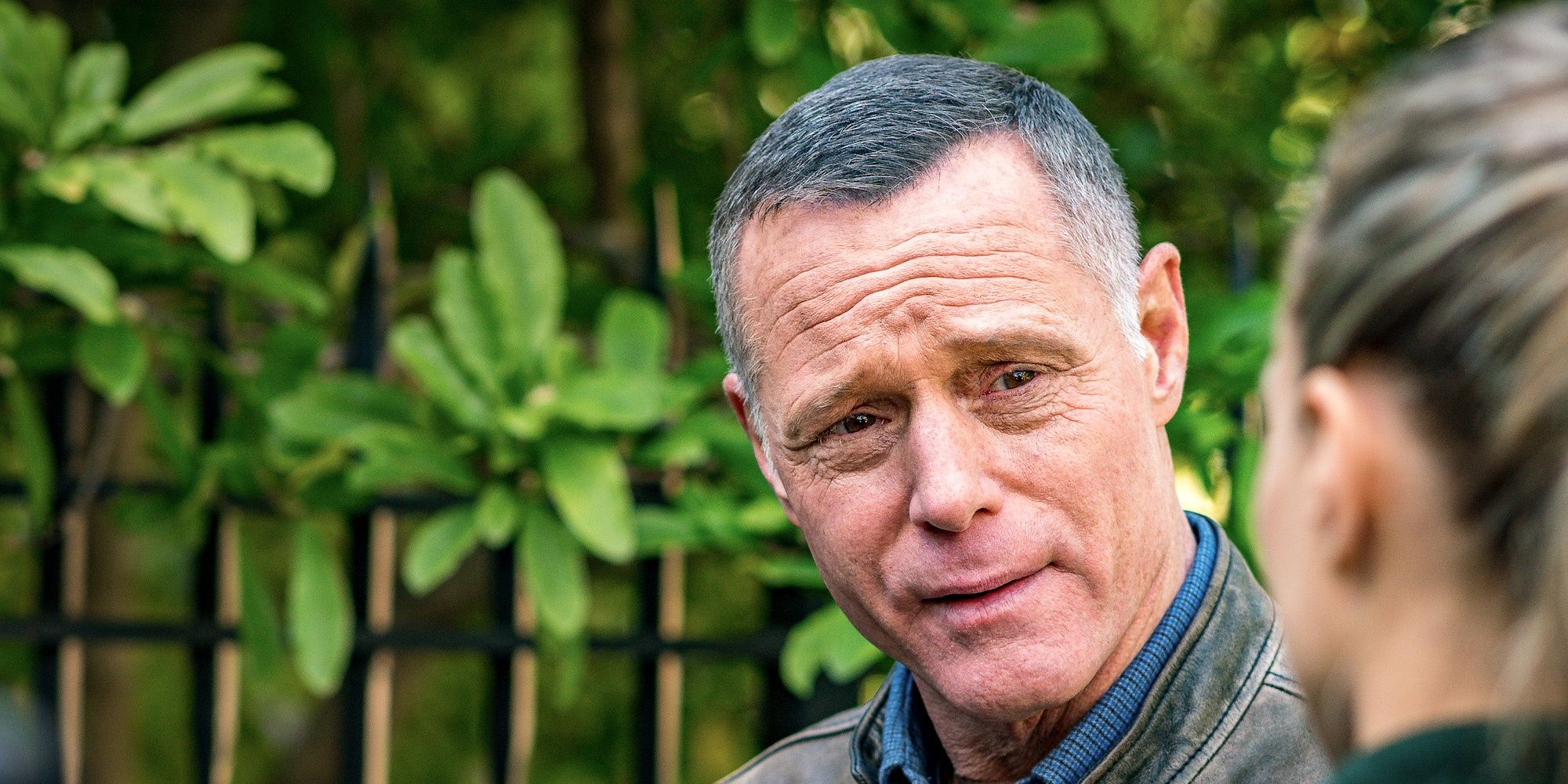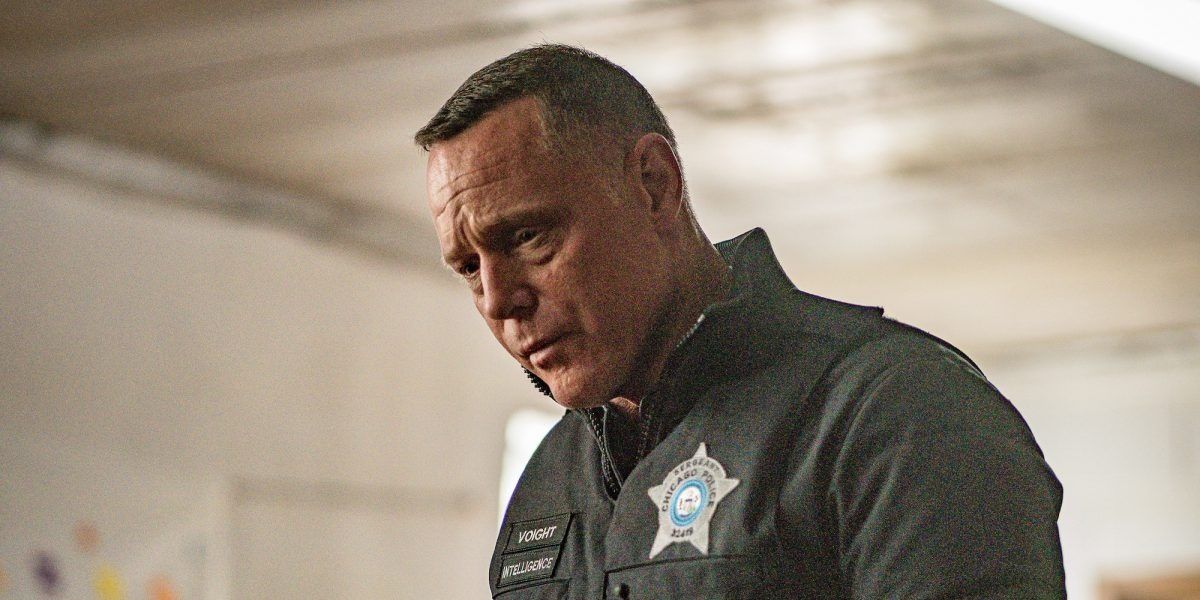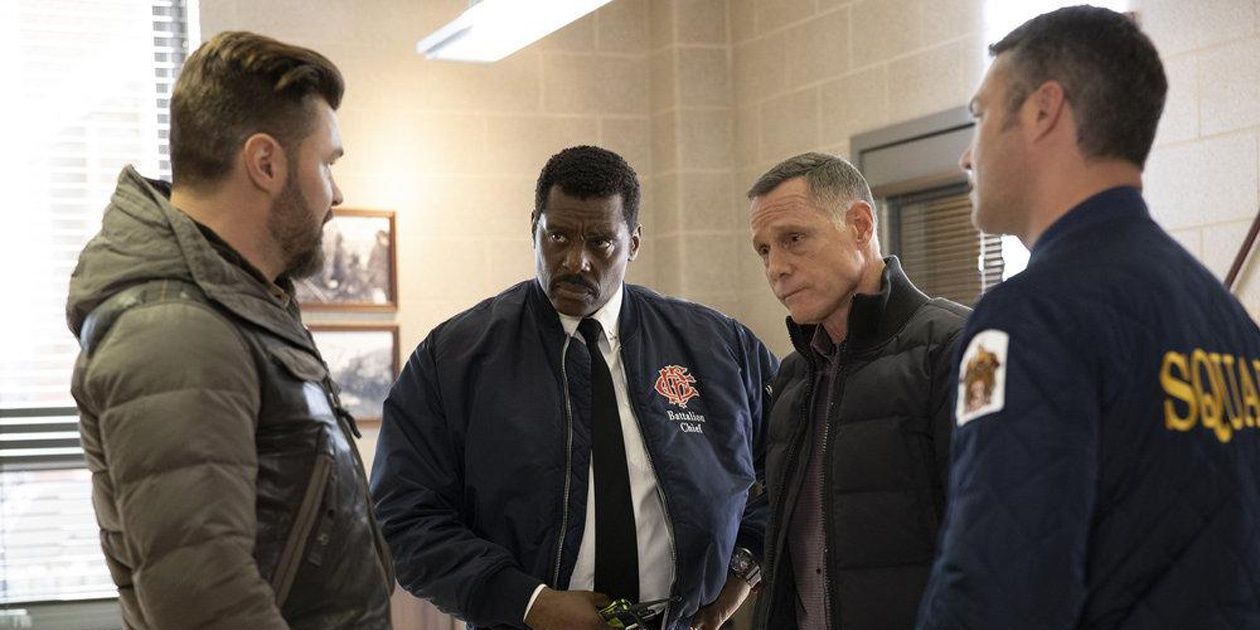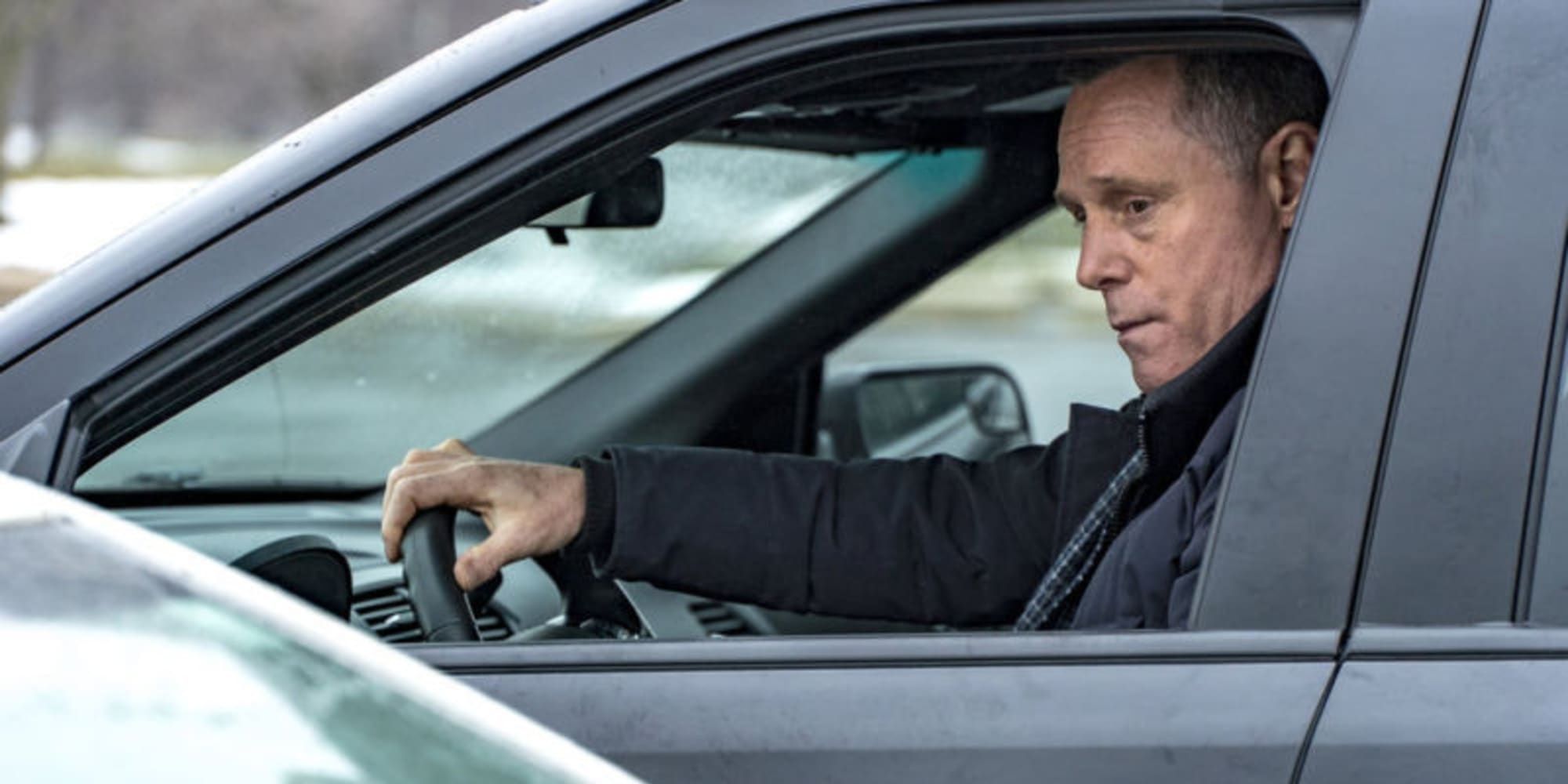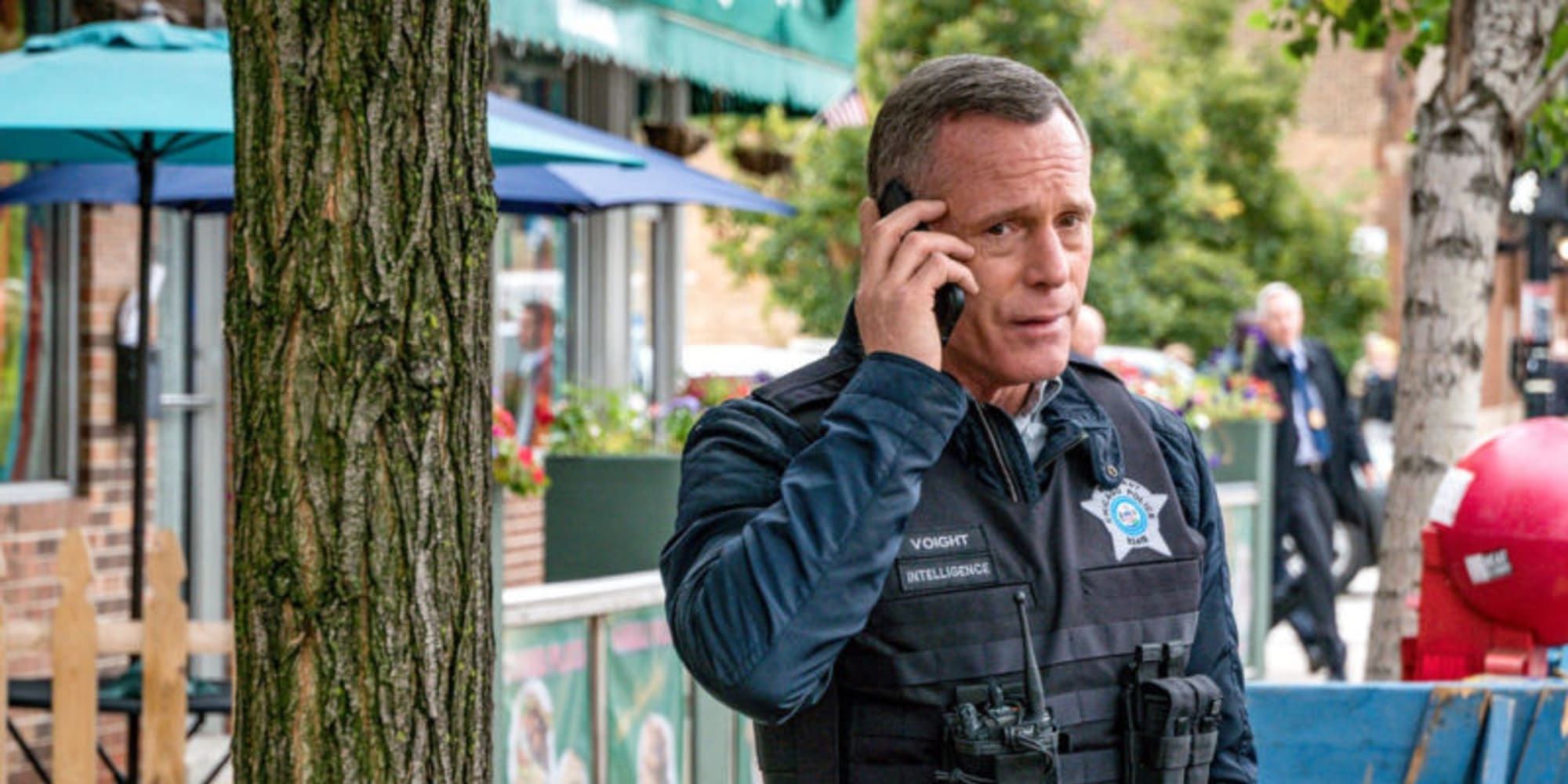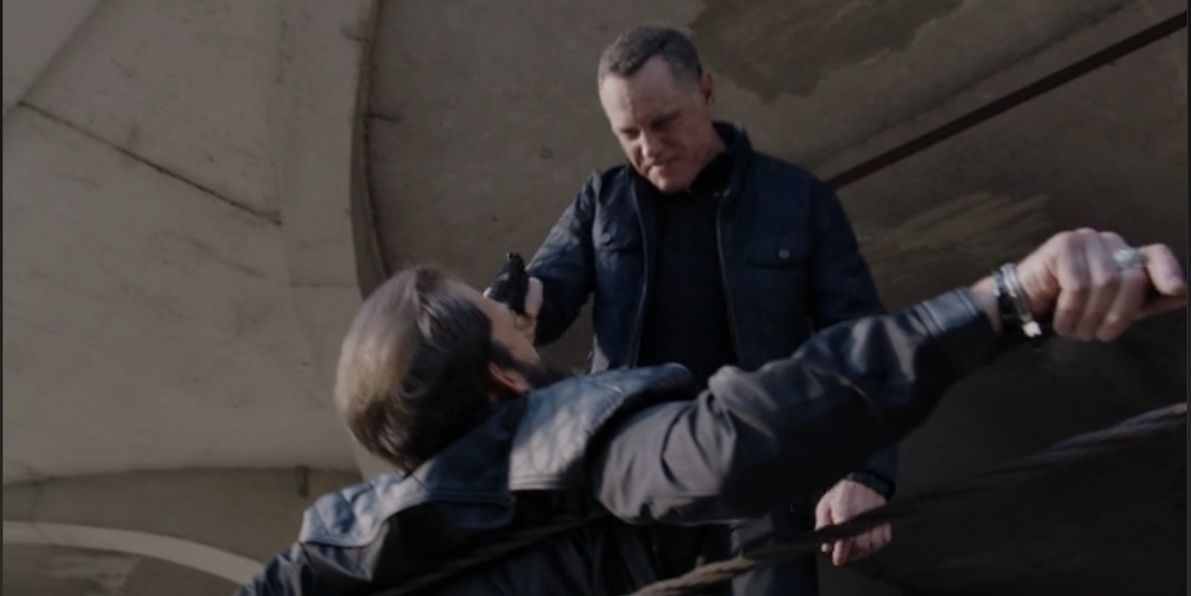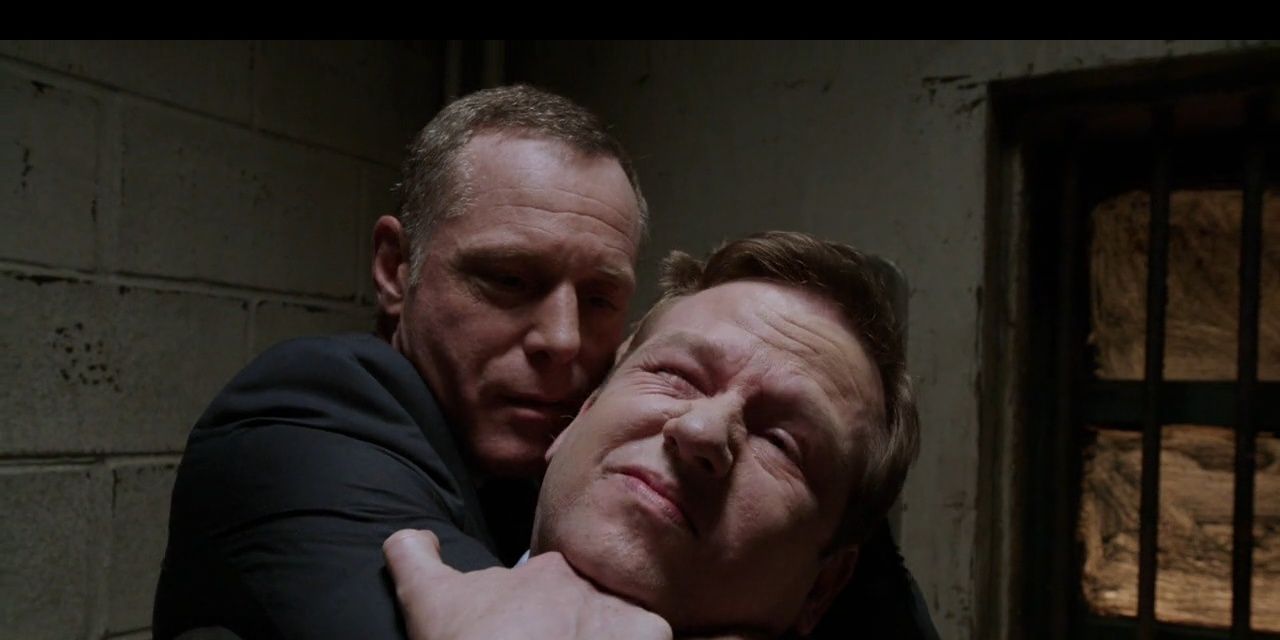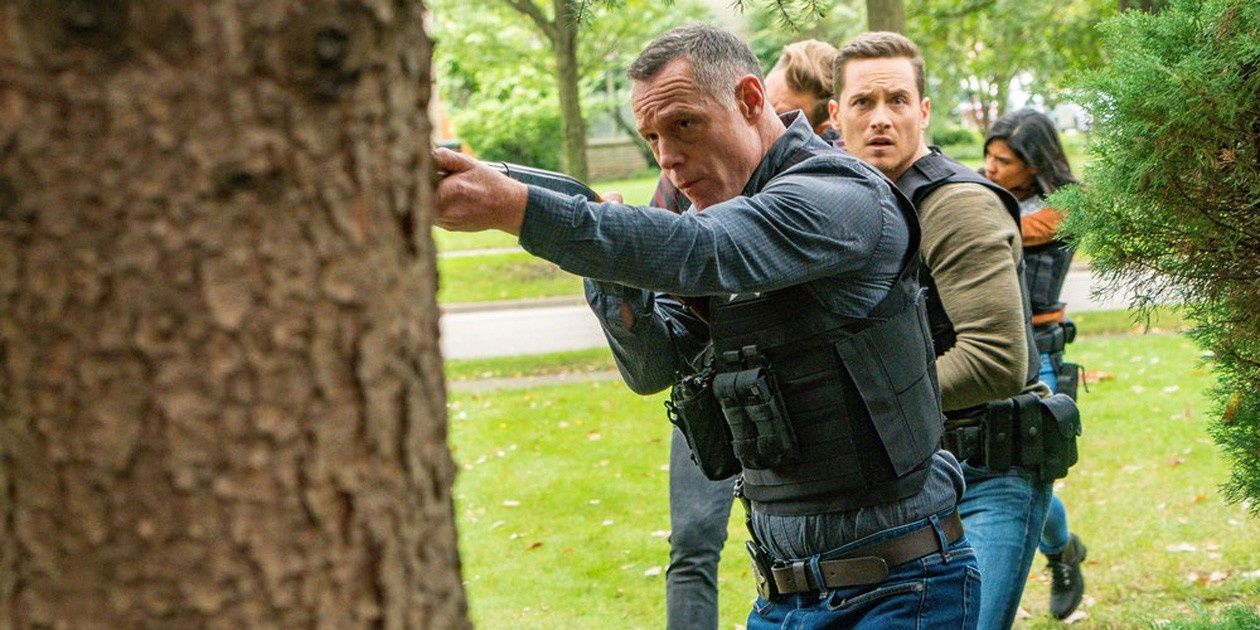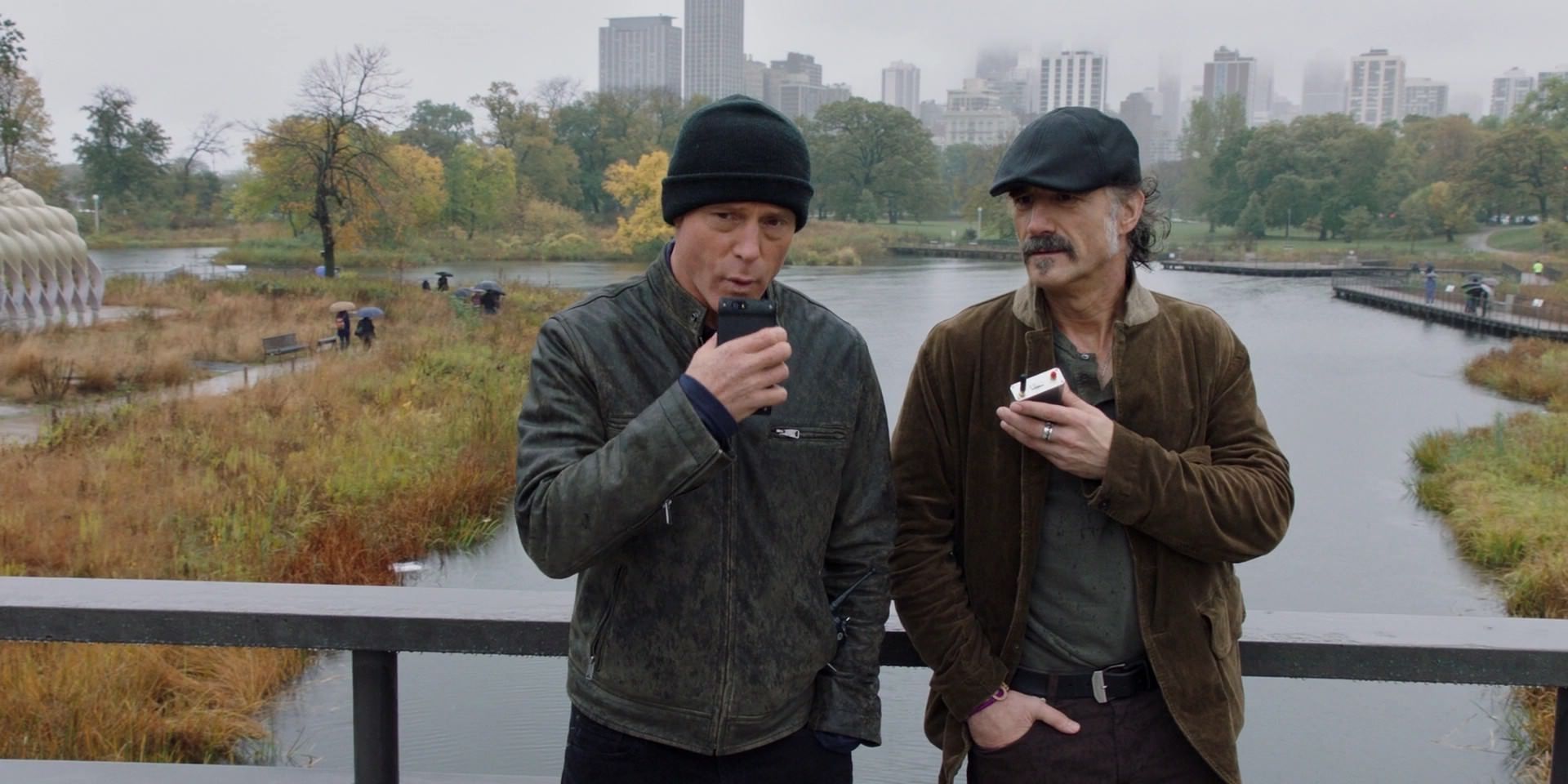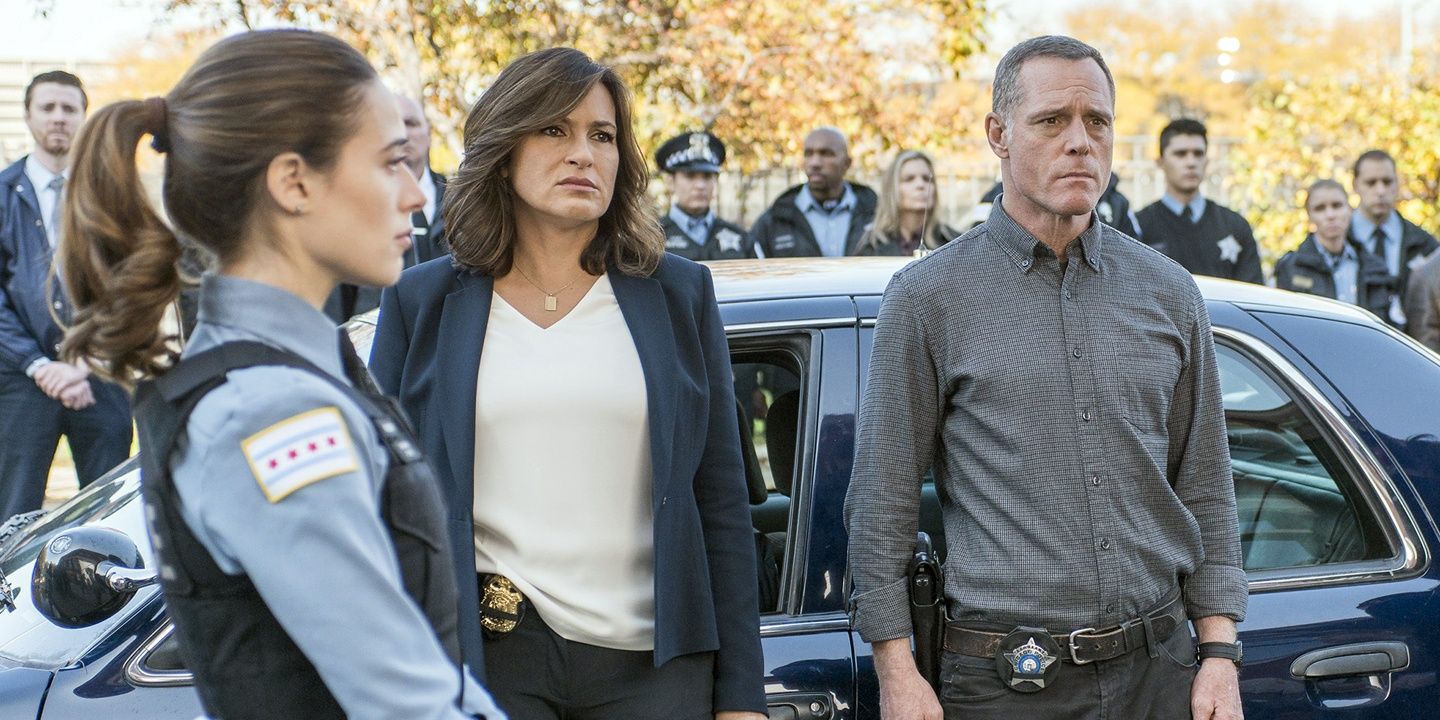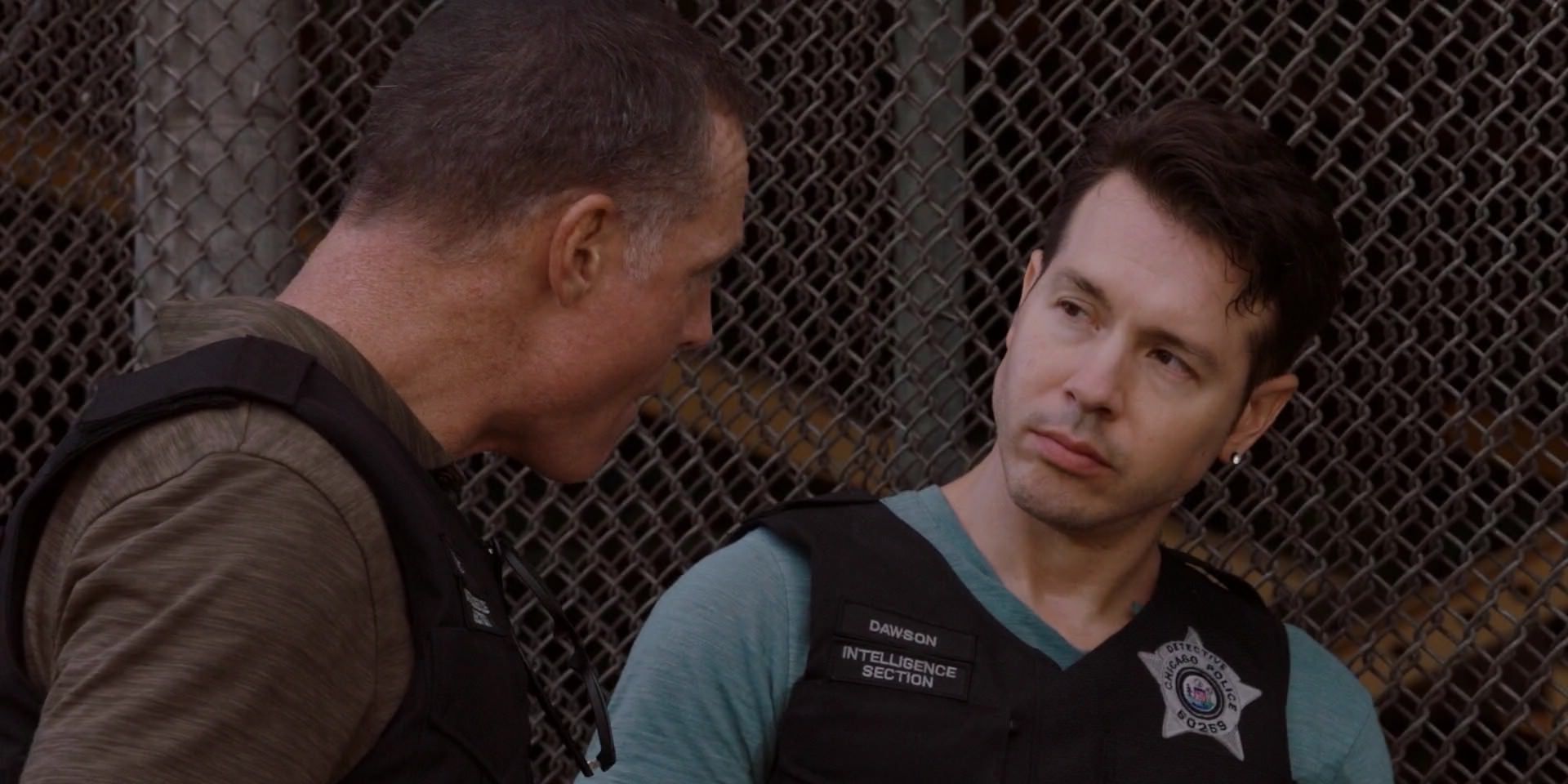Henry "Hank" Voight is one of the most memorable characters in the Chicago media franchise. Brash, rough, and willing to dish out justice at all costs, he operates in a grey area of morality that makes him questionable as a detective. Throughout Chicago P.D., Voight deals with many underground criminals, as well as heads Chicago's Intelligence Unit.
Despite his best intentions, Voight often turns to violent methods to solve his investigations, leading many characters to question where his morals lie. And as the series goes on, Voight makes it clear that he sticks to his methods, no matter what.
Gets Rid Of Browning
Hank's vigilante justice tendencies began years before the show began. Detective Alvin Olinsky, who maintained a close friendship and partnership with Voight, lost his partner Eddie Penland after the latter was murdered.
Voight, along with Olinsky and Detective Jimmy Shi, found the murderer, known as Browning, and "took him out for a boat ride," disposing of his body afterward. This incident is one of many where Voight takes the law into his own hands and dishes out his brand of justice.
Threatens Lieutenant Matthew Casey
Voight first makes an appearance in Chicago Fire and is portrayed in a very antagonistic light. After his son Justin becomes involved in a car accident after driving under the influence, Voight becomes involved to prevent him from being charged. He approaches Lieutenant Matthew Casey with a variety of persuasion methods, ranging from gentle bribery to explicit threats of violence.
Voight is eventually arrested in a sting operation, but is released and promoted to Seargent of the Intelligence Unit. Violence has been Voight's go-to method of exacting justice, even before the show.
Kills Joe Catalano
On Chicago P.D, Voight continues to intervene on Justin's behalf. The pair have always had a strained relationship due to the demands of Voight's job. While getting involved in gang activity, Justin's friend, Joe Catalano, uses him as a pawn in the murder of a rival gang member.
Voight, with some help from Antonio Dawson, gets the case buried before murdering Catalano for framing his son. While it's a demonstration of his love for his son, it is categorized as vigilante justice.
Kidnaps And Tortures Trayzell
During the first season, Voight takes a young boy named D'Anthony under his wing and tries to steer him away from a life of crime. However, D'Anthony's cousin, Trayzell, refuses to loosen his negative influence on him.
In retaliation, Voight enlists Olinsky and they kidnap Trayzell. The latter is then beaten until he complies with Voight's demands to leave his cousin alone. In this aspect, Voight operates in a grey zone. His intentions are always good, but the violence he uses to get his way is inappropriate.
Goes On A Crusade Against His Kidnappers
In the show's second season, Voight becomes involved in an armed robbery, along with his son's pregnant girlfriend, Olive. He hands over the money hidden in his safe after the robbers threaten to murder Olive, multiple times.
In the aftermath, Voight tracks down everyone associated with the assailants and pursues a brutal interrogation process that includes breaking some bones. When he gets to the main conspirator, Lukasz, instead of murdering him, he just beats him and lets him be arrested.
Threatens A Man Who Got Off Easy
In the season 3 episode, "Kasual With A K," Voight confronts a club owner who got off easy due to lack of evidence. However, Voight makes it very clear that he will not leave him alone. After threatening to make his life hell, Voight convinces him to leave Chicago and threatens his life if he ever returns.
Even though Voight doesn't enact physical revenge against this individual, he still uses threats of violence to get justice.
Avenges His Son
During the season 3 finale, Voight makes the horrifying discovery of Justin shot in the back of a truck. Although he is rushed to the hospital, he is declared brain dead and Voight takes him off of life support.
He then embarks on a vendetta to find the person who murdered his son. The perpetrator, Kevin Bingham, is brought to him and Voight makes him dig his own grave before killing him. This is one of the more severe instances of vigilante justice that Voight carries out.
Avenges Alvin Olinsky
In season 5, after his DNA is found on Kevin Bingham's body, Detective Olinsky is arrested and is then murdered while in custody. Voight then begins to search for the person who set up the hit on Olinsky. He follows a money trail back to a man in the Cali Cartel, Carlos DeLeon.
After cornering DeLeon, he murders him in cold blood. The episode ends with Voight drinking and apologizing to a photo of Olinsky, demonstrating that his avenging of Olinsky hasn't lessened any of his pain and guilt.
Has His "Unique Methods" Of Interrogation
In the Law and Order: SVU crossover episode, Voight's team goes to Manhattan to investigate child pornography found belonging to a burn victim. To gain information, Voight violently interrupts an interrogation and assaults the suspect.
Captain Olivia Benson then intervenes and threatens to arrest Voight. However, she soon acquiesces to his methods and uses the threat of violence to make the suspect talk. Voight's methods tend to be tolerated (albeit begrudgingly) because they deliver results.
Allows Antonio Dawson To Kill His Daughter's Kidnapper
In season 6, Voight becomes aware that Detective Antonio Dawson, is struggling with addiction. When Dawson's daughter is kidnapped, Voight captures the perpetrator and brings him to Dawson, who proceeds to beat the kidnapper. Voight isn't able to stop Dawson from going too far, which results in the kidnapper falling out of a window.
This is another example of vigilante justice being so normalized in Voight's mind that he is unable to properly intervene when a line is crossed. And in this case, his fellow detectives are directly implicated.

